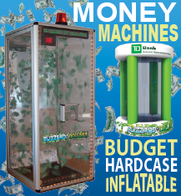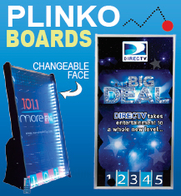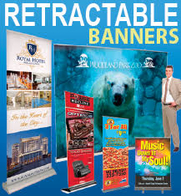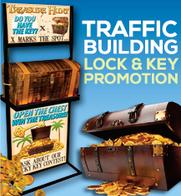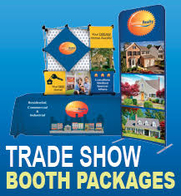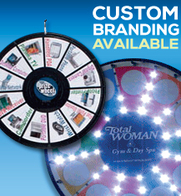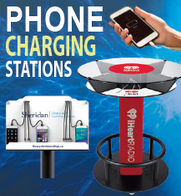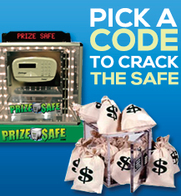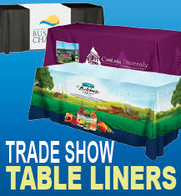 One of the reasons many exhibitors are unsuccessful in their trade show sales efforts is because they don’t have the right focus. Rather than considering the perspective of attendees who visit their booth, they suffer tunnel vision about their products or services.
One of the reasons many exhibitors are unsuccessful in their trade show sales efforts is because they don’t have the right focus. Rather than considering the perspective of attendees who visit their booth, they suffer tunnel vision about their products or services.
If you want to make your trade show sales strategies more effective, it’s important to understand how your booth visitors think, feel, and make decisions. Below, I’ll describe a few of the challenges that are inherent to selling to trade show attendees. I’ll also offer insight regarding how to overcome these challenges, qualify more leads, and close more sales.
Cost Savings Are Not The Only Factor
Offering value through cost savings is a proven trade show sales strategy because it encourages a purchase response. However, exhibitors often overestimate the value that attendees place on savings, and as a result, misjudge what they’re willing to do to get them. For many of your booth visitors, the time and effort they need to invest to learn more about a new product or service is just as important as the financial investment. If you want to improve your trade show sales, offer value by reducing the time, effort, and money your visitors need to invest.
Stroking The Ego
Everyone who attends trade shows has an ego and likes to feel that exhibitors are focused entirely on them. That includes your customers, leads, and random passersby. Cater to their ego. For your customers and leads, that means calling them weeks before the event to let them know about special offers that you’re reserving for them. For attendees, it can be as simple as offering them high-quality tradeshow giveaways and engaging them in conversation to discover their needs.
Simplicity Sells
After an entire day spent on the trade show floor, attendees are exhausted. You may have an entire trade show sales presentation that includes product specs, purchase options, and sales incentives. But, if you want to sell to people who are tired, simplify your presentation. Train your booth staff to do the same. Remember, you can offer a better product or service than a competing exhibitor and still lose the sale because your pitch is too complex for your visitors to absorb.
Make It Easy, Make It Fast
Trade show attendees are notoriously impatient and for good reason. They’re tired, distracted, away from the comforts of home, and are looking forward to finally relaxing after a day spent on their feet. Most exhibitors don’t fully appreciate this perspective and end up talking their way out of the sale. Once you realize that a lot of your booth visitors are less than thrilled about being at the event, you can use this to your advantage. While your competitors waste time, you can focus specifically on how to help your visitors meet their needs easily and immediately.
Don’t Be Afraid To Sell
Novice salespeople are often reluctant to push for the purchase. Even under normal circumstances, that reluctance hampers their success. The problem is even worse at trade shows because attendees are surrounded by exhibitors who are bombarding them with different sales pitches, bonuses, price structures, and rebates. It can be overwhelming. Remind your visitors why they should do business with you. If you’re offering a special promotion that expires, let them know. Often, the only thing standing between you and making the sale is asking for it.
Trade Show Attendee Psychology
You’ve invested the time, effort, and money to draw people to your booth. You’ve used trade show attractions to grab attention and generate buzz on the floor. You’ve trained your staff to quickly qualify leads. Leverage your momentum by understanding the psychology of trade show attendees. Realize that not everyone is motivated by cost savings. Learn to stroke their ego and offer deals that are simple, easy, and quick. Finally, don’t be afraid to put on your salesperson hat and push for the sale.
If you’ve ever wondered how some exhibitors manage to close deals more effectively than their peers, it starts with understanding and catering to attendees’ immediate needs.








